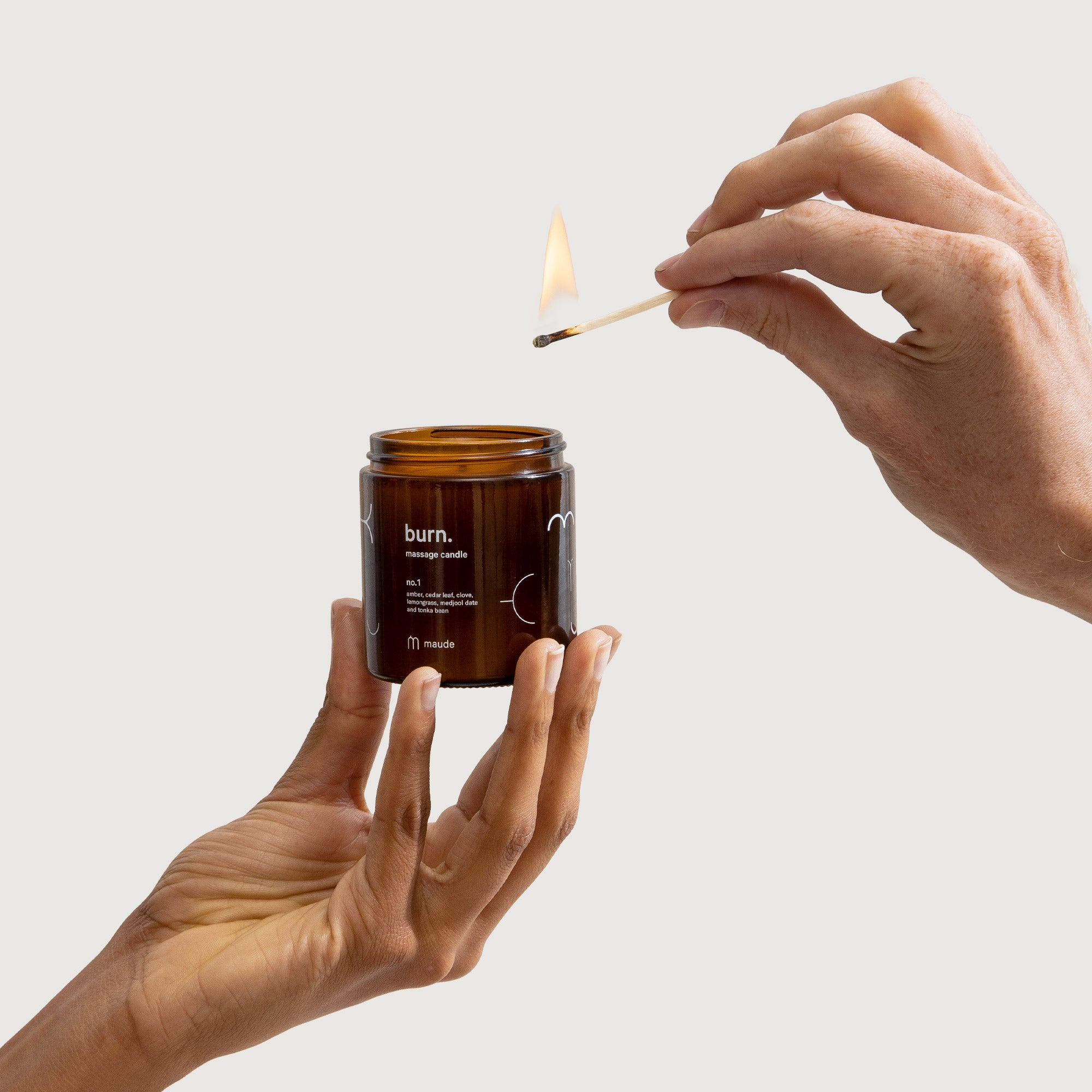The Science of Cheating.

It’s rarely just about sex.
Every person, in one way or another, has experienced the dreadful experience of becoming acquainted with the consequences of their actions. So why do some people keep doing the very thing that came back to (perhaps literally) slap them in the face? When it comes to cheating, the answers aren’t always clear—but recent research can help us come closer to understanding.
Why do people cheat in relationships?
A study published in the Journal of Sex & Marital Therapy in December 2020 investigated the reasons why people cheat, Scientific American reported. Researchers found eight motivations for cheating: “anger, self-esteem, lack of love, low commitment, need for variety, neglect, sexual desire, and circumstance.” Of course, few actions have just one cause, and cheating is likely brought on by some combination of these incentives.
As psychotherapist and sexuality expert Esther Perel explained in The Atlantic in 2017, cheating is rarely if ever clear cut—and people can cheat even if they are in a perfectly functional relationship. The varied motivations uncovered by this study show that cheating can be brought on by personal issues (self-esteem, need for variety) just as likely as it can be brought on by more direct personal conflict (anger, lack of love).
Emotions can also get complex. The excuse that “it’s just sex” doesn’t appear to be true, according to the research. About two-thirds of participants expressed some kind of affection for the person they cheated with—but not necessarily to an extreme extent. One in ten participants admits to telling the person, “I love you.” In fact, for about half of participants, sex isn’t even a part of the equation: about 50% of participants reported vaginal intercourse, but nearly 87% reported kissing.
There is some evidence that suggests Millennials are less likely to cheat in relationships than previous generations—though the evidence isn’t conclusive enough to say that 100%, The Atlantic reported in 2019. This may be because younger generations are waiting longer to get married and are, in general, becoming more selective in marriages: They might just be more likely to end up with the right person (though, ultimately, that’s not necessarily a preventative to cheating).
Why do people serial cheat?
There is some truth to the belief that once someone is a cheater, they’re always a cheater. A 2017 study found that participants who reported cheating in their relationship were three times as likely to cheat in their next relationship, compared to those who didn’t. This can also be incredibly destabilizing for the partner that was cheated on: those who were suspicious of their partner cheating were four times more likely to report suspicion of cheating in their next relationship.
Why do happy people cheat?
As terrible as it is to hear the cliché, “it’s not you, it’s me,” there is some truth to that statement when it comes to cheating. According to Perel, sometimes happy people cheat simply because they’re experiencing a longing for something new. This could be because an affair offers them a sense of novelty and excitement, even if their relationship—or marriage—is perfectly stable. “Being with a different person offers a chance to redefine themselves and explore different components of their personality that they may not feel able to explore in the confines of their relationship. “It’s not that the individuals having the affairs want to leave their partners, but the people they have become,” Perel told Goop in 2017.
Of course, cheating is never an answer to problems like this, and there are other ways to achieve this kind of personal development. “I often say to my patients that if they could bring into their marriage one-tenth of the boldness and the playfulness that they bring to their affair, their home life would feel quite different,” Perel wrote in The Atlantic.
Does cheating always mean the end of a relationship?
What cheating does to a relationship varies? The 2020 study found that only about 20% of relationships ended because of the affair—but only about a third of participants who cheated admitted their infidelity to their partners. About 20% of couples stayed together despite one partner finding out the other cheated. It’s far less likely for cheating to lead to a new relationship, too: only 11% percent of participants who reported cheating had broken up with their partner to be with the person they had cheated with. It seems like an affair is an escape—but not to a new, healthy relationship.
Perel herself—while certainly not an advocate for cheating—understands that cheating doesn’t have to end a relationship. But to heal from it, she stresses the importance of both parties getting an understanding of the other (which might sound crazy, but bear with her for a moment): If the party that was cheated on the can, for a moment, try to learn what cheating did for the person who committed the act and how it made them feel, then both parties may turn “the experience of infidelity into an enlarging emotional journey,” The New Yorker wrote in 2017.
That doesn’t mean that forgiveness has to be instant, or that it even has to happen at all—it depends on the person, the relationship, and how you might consider changing going forward. If you do decide to stay together, that might mean trying to reignite the flame in some way or considering consensual non-monogamy (which Perel admits is not a preventative of cheating or other relationship problems).
The bottom line? There’s no guaranteed way to prevent cheating, and whether an affair will signal the end of your relationship depends on a wide range of factors, all of which are personal to the individual. And, yes, it hurts all around.





